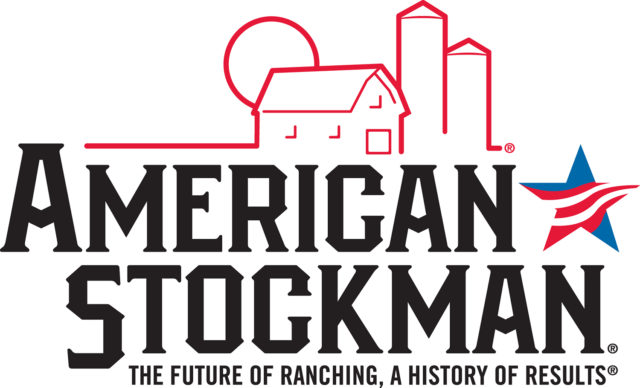Pfizer, which has faced pressure to eliminate some business units and return more cash to shareholders, said the moves will allow investors to get more value for the businesses. The company will also consider transactions including spinoffs and may pursue different strategies for each business. Any transactions could take one to two years to complete, Pfizer said. It does not expect to provide any further updates until 2012.
The businesses brought Pfizer $5.5 billion in revenue in 2010, about 8 percent of its total. The animal health unit, with $3.6 billion in sales, makes vaccines, medicines, diagnostics and other items to prevent and treat diseases in livestock and pets. The nutrition unit, posting annual revenue of $1.9 billion, makes infant and pediatric products.
The New York drugmaker plans to focus on its established products business, which makes drugs that are off-patent or are losing patent protection. Sales of those products are growing quickly, particularly in emerging pharmaceutical markets. Pharmaceutical companies are turning more attention to those emerging markets as growth in larger markets slows down and as more top-selling drugs lose patent protection. For example, Pfizer's cholesterol drug Lipitor, the world's top-selling drug, loses U.S. patent protection in November. Its sales surpassed $10.7 billion last year.
Pfizer has retained JPMorgan Chase to help evaluate options for the animal health business, and Morgan Stanley and Centerview Partners will advise on the nutrition business.
Pfizer is the world's largest drugmaker by revenue. The company cut its dividend in half after acquiring competitor Wyeth in early 2009. In December, it increased its dividend for the first time since the completion of the $68 billion deal, and it plans to buy back up to $5 billion in shares in 2011.
In April, Pfizer announced the sale of its Capsugel capsule-making business to private equity firm Kohlberg Kravis Robert & Co. for $2.38 billion in cash. During the company's first-quarter conference call in May, new CEO Ian Read was repeatedly asked if Pfizer would sell other businesses to increase shareholder value. In particular, analysts focused on a sale of the established products business. Instead, Pfizer is committing to that business.
Shares of Pfizer slipped 55 cents, or 2.6 percent, to $20.23 while the broader markets ended higher. ![]()






